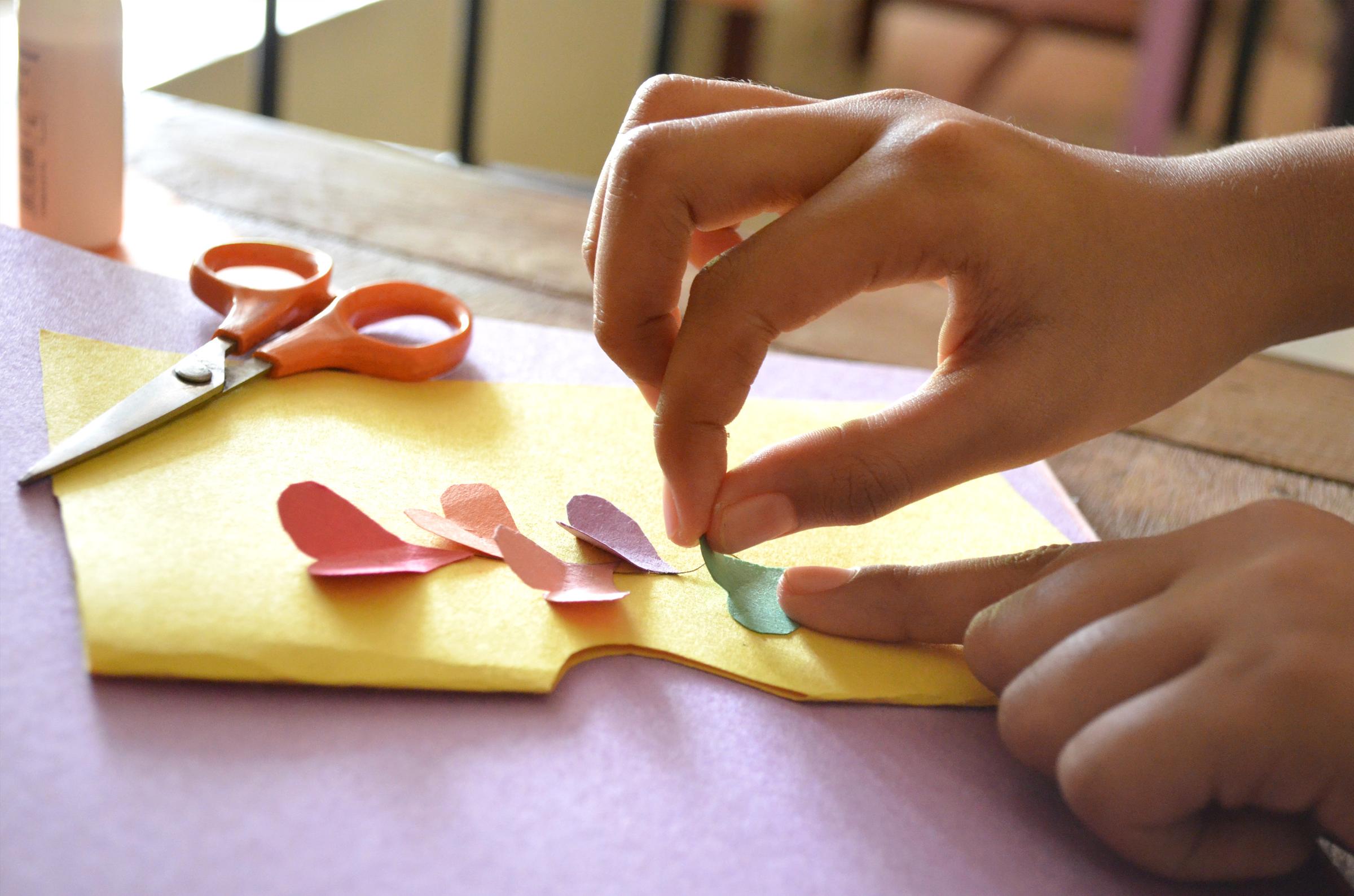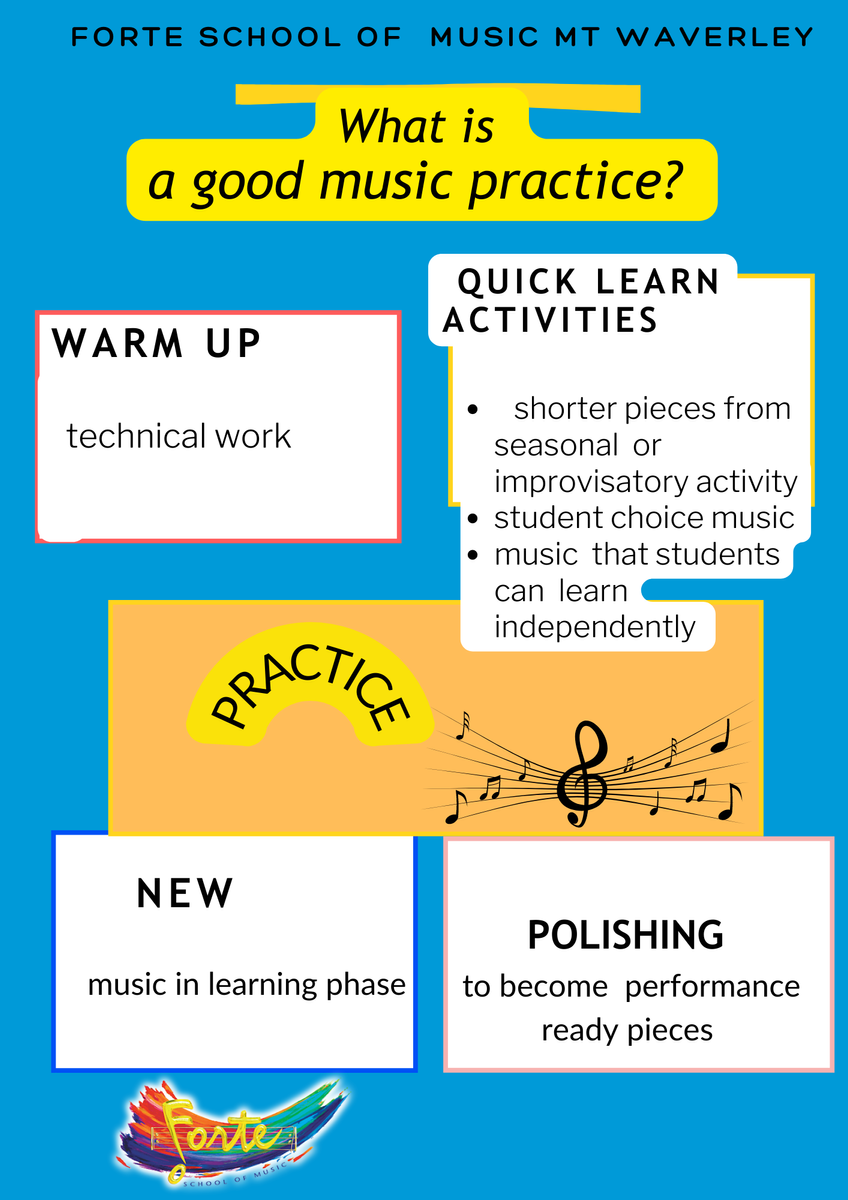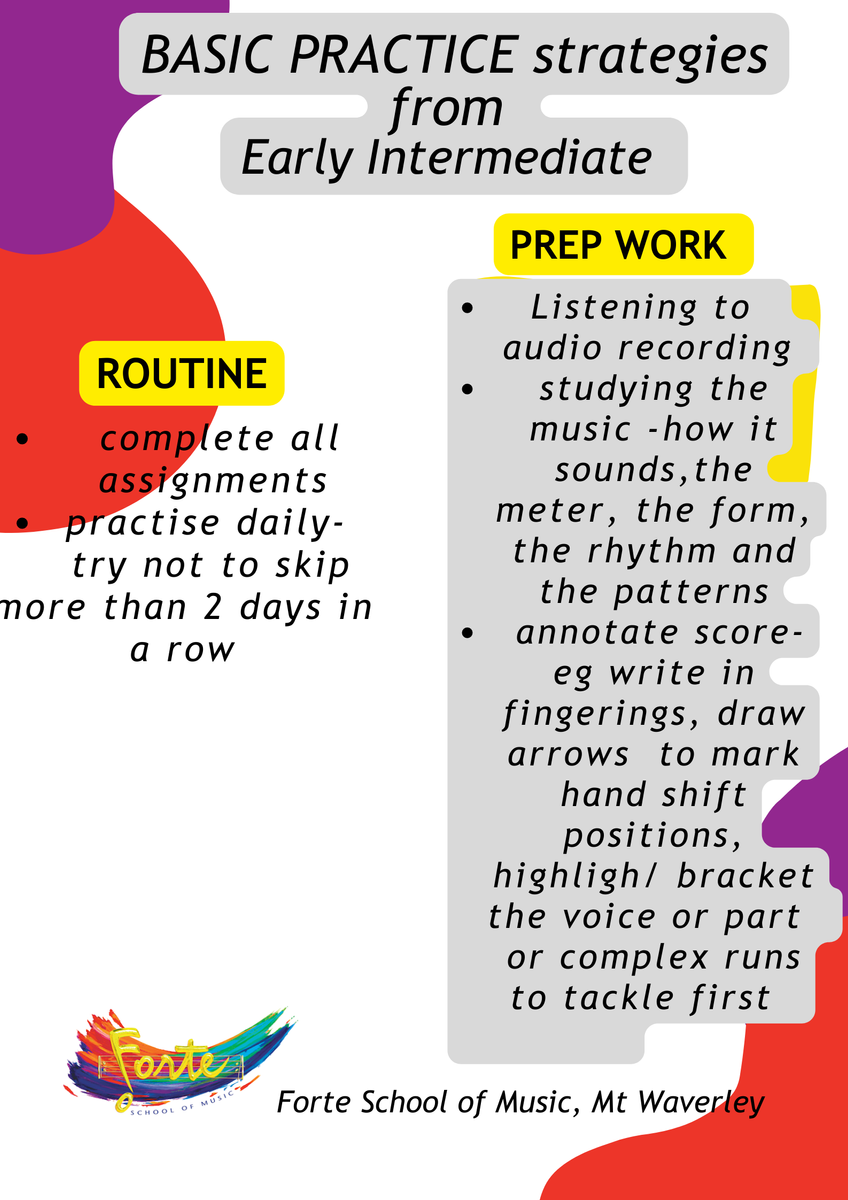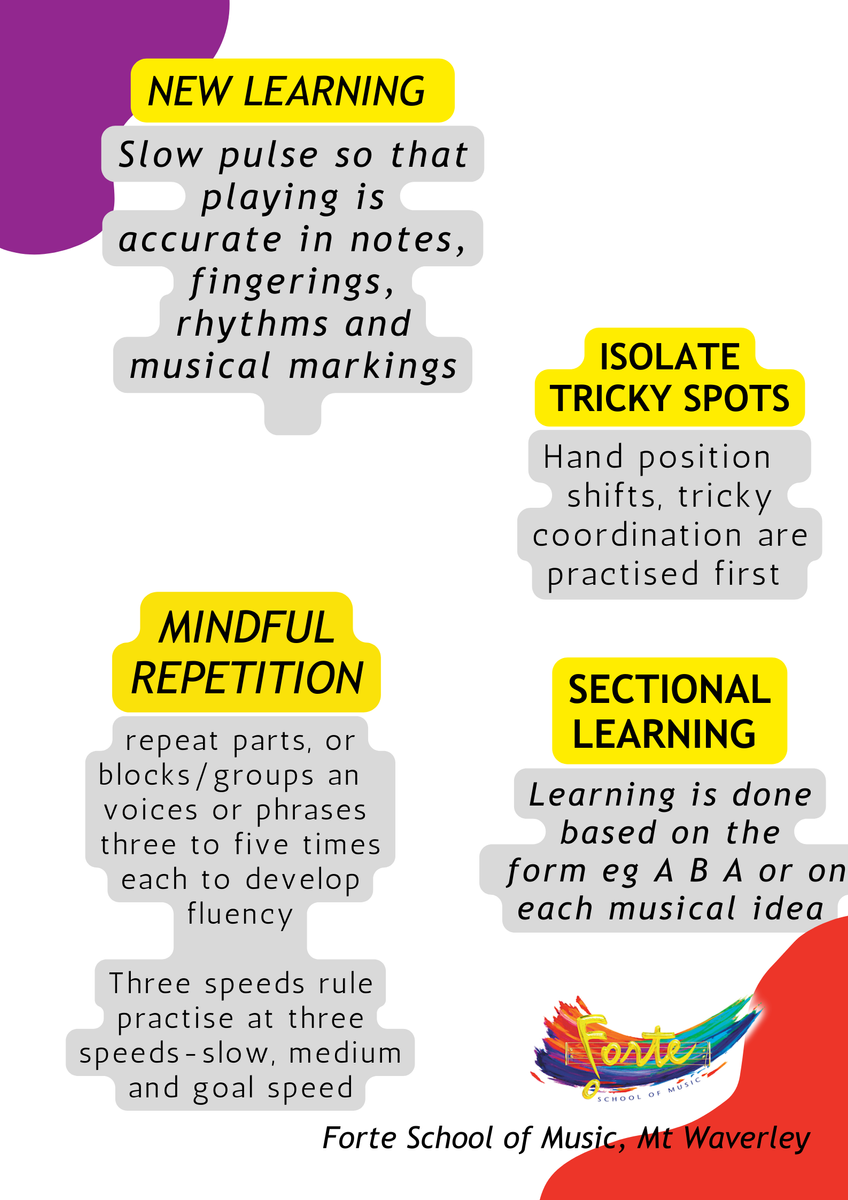20 PIECE CHALLENGE

The challenge is still on and is closing on 30 June 2022! Make it your best music year ever by learning and finding that motivation to practise effectively in order to have a repertoire rich experience in your music lesson journey.
Here is the link again.
Piano pieces and jigsaw puzzles have many things in common. Some come together very quickly, others take a longer time.
Your piano repertoire can be perceived as a series of technical and musical challenges to solve, like pieces of a puzzle.
Some tips to see the big picture
Most of the time when you do a puzzle, you are working off a picture. Usually, it’s a picture you like – otherwise there is less motivation to see the finished product. There are two angles to this particular part of the analogy:
- If you weren’t allowed to look at the picture, it would be much harder to do the puzzle and probably not as fun. In the same way, trying to learn a piece without having heard it and without knowing whether you even like it makes it much harder to learn. This is why it is so important for students to listen a lot to the piece(s) they are learning. The more familiar the piece, the easier and more satisfying it is to work towards that big picture.
- Sometimes, you might absolutely LOVE the picture, but it’s a 10,000-piece puzzle that you thought you could handle and it’s taking too long and now you’re losing interest. You wish you had bought the 5000-piece version. See where I’m going here? This is equivalent to needing an easier arrangement of a piece. You get to enjoy the same picture/sound, but you won’t lose interest and you’ll get there in the end.
- Your teacher can help you select pieces that can be learnt within 2-3 weeks ("quick learn"ones) which can almost double up as sight reading material which you may continue to polishing phase. Below is an infogram which may help you achieve the 20 pieces in good time by presenting the Quick learn activities and perfomance ready pieces.
- You could think of it as putting together various puzzles of your choice which are achieveable within a short or longer term practice. YOu will however need strategies to put puzzles together. Likewise with music practice.
Below is an infogram some basic strategies I have put together intended for the early intermediate students which should apply to other students too.



